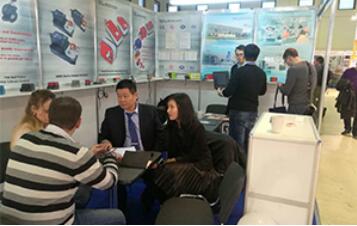SOLOON HVAC Duct Sensor
Due to the high cost of energy, HVAC systems need to be efficient, accurate, and reliable. Honeywell's broad line of sensors and switches covers HVAC control, monitoring, temperature, and more while maintaining energy efficiency and accuracy. Honeywell Sensing and Productivity Solutions deliver industry-leading products with the latest technology that are easy to install and maintain while delivering precise, dependable performance.



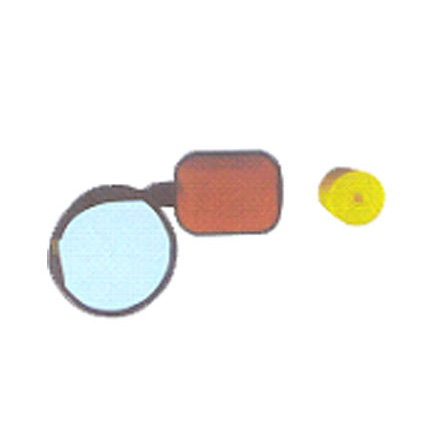
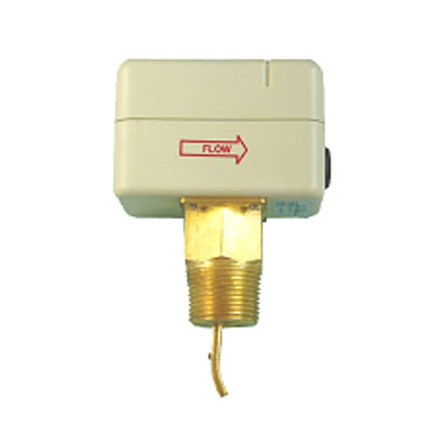
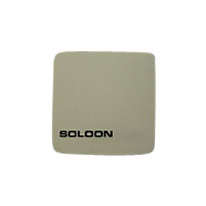
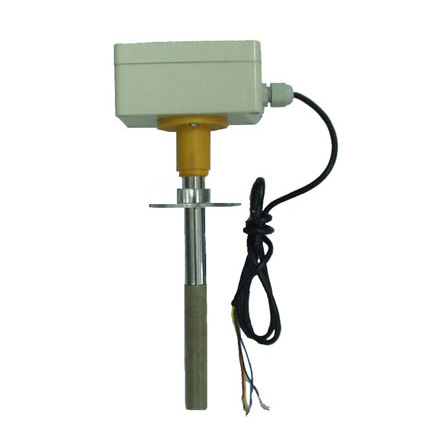


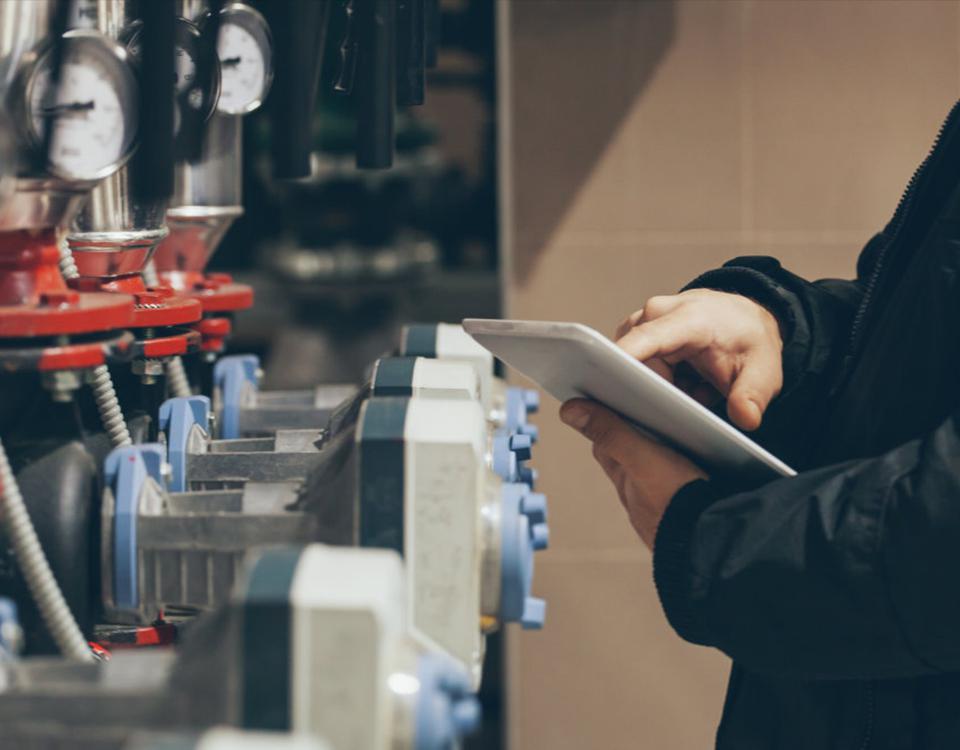

 Contact Us
Contact Us

